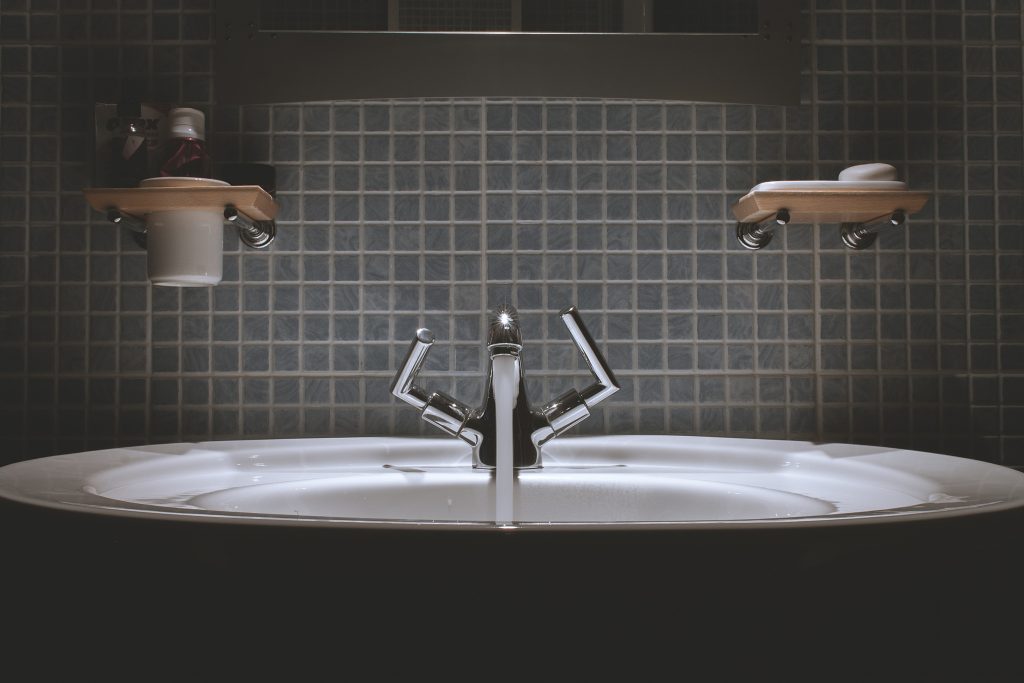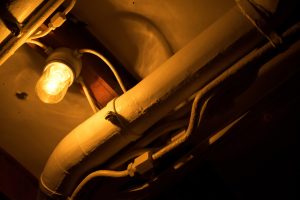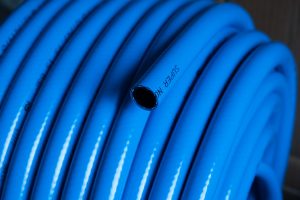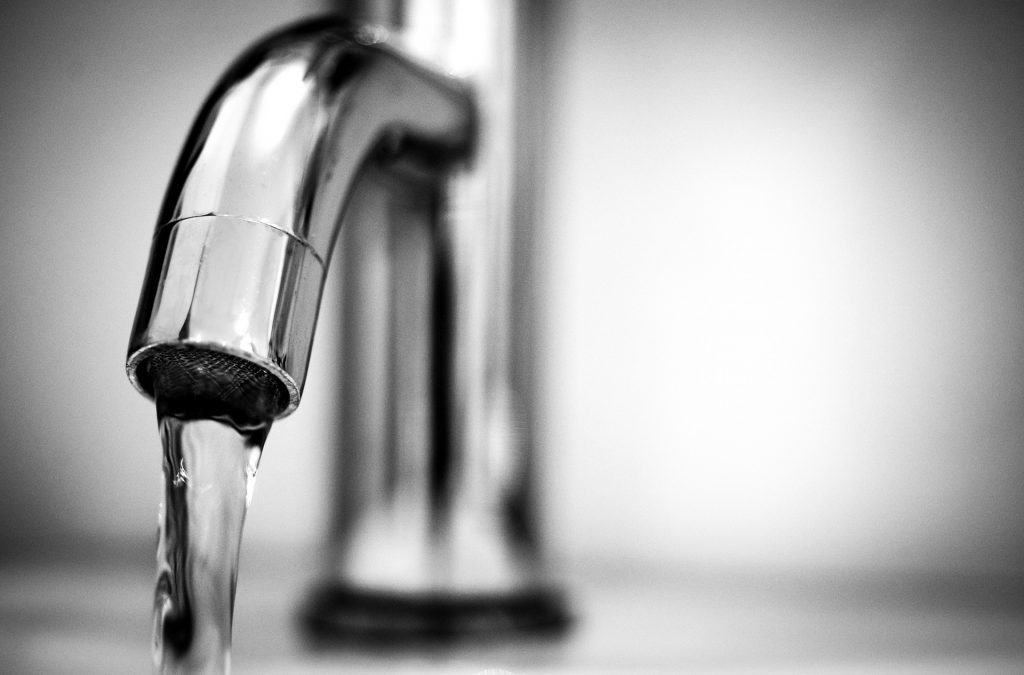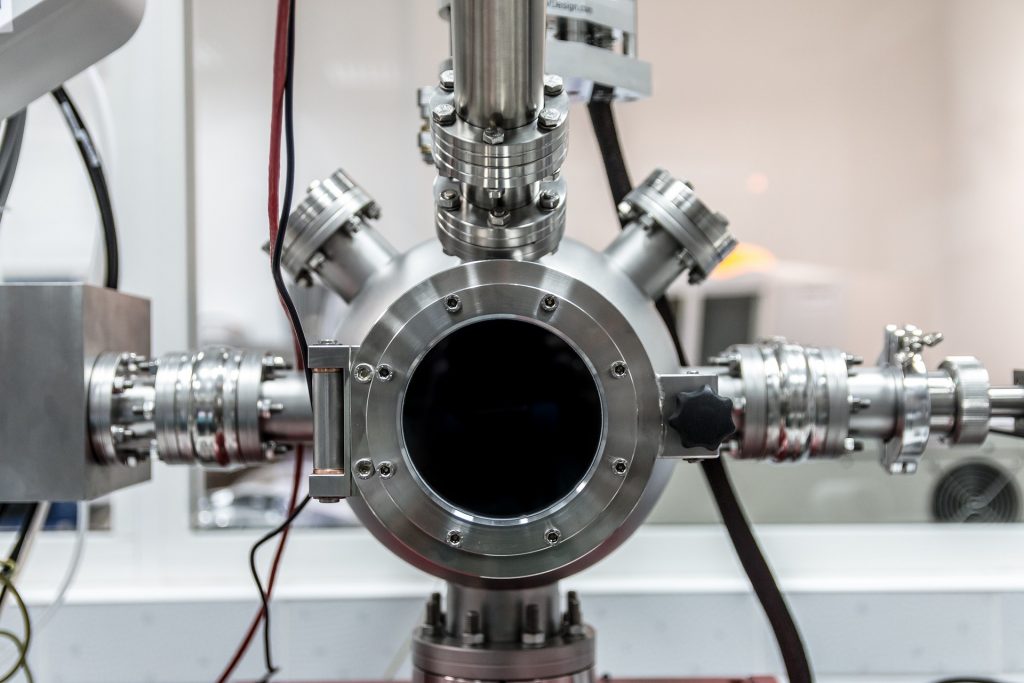Have you noticed that your water heater is making a hissing noise? Before you jump to any conclusions, let us reassure you that there are a range of reasons why it could be doing this. Yes, some water heater hissing sounds are an indication of a bigger problem that will, unfortunately, require repair or replacement of your water heater. However, there are some reasons why your water heater may be making a hissing sound that is completely normal or only requires a small fix.
We take a look at each of the reasons why your hot water heater might be hissing so you can determine whether it is functioning properly or requires further action.
Water Heater Hissing: Possible Reasons
- Condensation is coming into contact with hot surfaces
Tank water heaters (learn about the difference between them and tankless here) often make hissing sounds when they are being refilled. If you’ve noticed that your hot water heater hissing sounds only occur after activities like a long shower, the unit is likely to be functioning correctly.
There is a logical explanation for this. As hot water is used, the tank begins to empty. It is then refilled by cold water. If you run the dishwasher or have a shower, a lot of hot water is removed from the tank in one go. This means that a large amount of cold water is added back in to replenish it. The hot tank suddenly contains a lot of cold water, causing condensation to form on the outside surface.
As this moisture collides with the hot tank, it creates a hissing sound. The more condensation, the louder the sound. So if you are hearing these noises only after large activities of hot water usage, it’s probably just the condensation.
Take note that there are a couple of situations that are likely to cause greater condensation and thus greater hissing noises.
The first is when the water heater is too small for your household. If you have a big family or use a lot of hot water, you obviously need a hot water heater that can accommodate this. If it is too small, it will need to refill more regularly. This means that there is likely to be more condensation and water heater hissing.
Secondly, hissing can be worse when the water heater tank is being refilled by particularly cold water. For instance, in the middle of winter the incoming water is likely to have a very low natural temperature. This increases the likelihood that there will be a lot of condensation and thus hissing noises.
- The tank has a leak
Now if you’ve noticed that your water heater hissing is occurring at all times of the day, rather than solely after it gets emptied, then you might be facing a larger issue.
If there is a crack in your tank, water may be leaking out and causing hissing noises in much the same way that condensation does. The sound is made when the water touches the hot surfaces of the tank.
To identify this problem, check your water heating for hissing and leaking. As mentioned above, the hissing is likely to occur at all different times and not just when it is getting refilled. You should also look for water that is escaping and see if there’s any moisture trickling down the tank or gathering in a puddle at the bottom.
If you do have a leaking tank, it is important to get this repaired as soon as possible before the leak gets worse or your tank bursts completely. Unfortunately, this issue is especially common with old water heaters (learn how long these units typically last here).
- There is build-up of sediment
Another cause of hot water heater hissing is a build-up of sediment. Now if this is the cause, you’ll be hearing more than just hissing. The hissing noise will be accompanied by a range of popping noises that are occurring in the tank.
Essentially, this problem happens when sediment gathers on the bottom of the tank. All of the minerals in the water bond together and settle on the tank’s floor. Over time, more and more minerals are collected and the layer thickens. A thick layer of sediment causes water bubbles to get trapped and these turn to steam. The hissing and popping noises are caused by this process happening within the tank.
This particular problem is much more common in areas that have ‘hard’ water. If you find it difficult to lather soap in your home, this is likely to be caused by hard water. Hard water has a large mineral component and therefore is more likely to result in a sediment buildup in your water heater tank.
To resolve this problem you will need to consult a professional. They will be able to tell you whether your water heater needs replacing or if a flush can help to fix the buildup. If you are looking for water heating installation in Phoenix, contact us today.
- The temperature is set too high
Finally, the hissing noise might be coming from the temperature and pressure valve on your water heater rather than the heater itself. If this is the case, it may indicate that the water coming out of the heater tank is too hot.
A temperature and pressure valve is a safety feature to control the temperature of your water heater. If the water in the tank gets too hot, it will open to release some of the pressure and avoid the tank exploding. This action results in a hissing noise as the pressure is released.
In order to fix this problem, you will need to lower the temperature on your water heater. This will result in less pressure building up within the tank and therefore the valve won’t be working as hard. Typically, hissing through the valve becomes an issue when the water temperature is set at 140 degrees or higher. Lowering this temperature to 120 degrees is likely to make a big difference and allow the water heater to operate at a more comfortable level.
That being said, we strongly advise that you do not lower the temperature any more than this. Water that has a temperature of lower than 120 degrees creates an environment that facilitates the existence of bacteria.
When to contact a professional
While this advice is helpful in identifying the cause of your water heater hissing sounds, it is important that you contact a professional if you are unsure of anything. Most of these issues will continue to get worse if not treated so it is better to identify the root cause and address the problem sooner rather than later. This will ensure that damage is minimized and help you to keep the repair bill low, as opposed to letting the problem get out of hand and create significant damage.
It is also worth acknowledging that some of these issues, such as leaking, may be caused by other underlying issues. If something doesn’t look right or you cannot be 100% sure that the cause is one of the above circumstances, it’s best to call a professional and have them put your mind at ease.
As you can see, there are a range of possible causes for a hissing water heater. Some of these have easy fixes, while with others the cause runs a bit deeper. If you are ever unsure of something, it’s best to call a professional to avoid further damage.
Frequently Asked Questions
How do you stop a hot water heater from hissing?
Your approach to dealing with this issue should be focused on identifying why the heater is hissing rather than simply trying to make it stop. You may be dealing with something as simple as condensation but it could also be something more severe, such as a leak. Once you address that issue, the hissing will stop.
Why is my water heater hissing and making sparks?
This is a sign of a serious issue, particularly if you have a gas water heater. Sparks and natural gas do not go well together; vacate your residence immediately and call your natural gas company for further instructions.
Should a water heater make a hissing noise?
Under normal conditions, no. Even if the root cause is something simple like your temperature being set too high, you’ll still want to address it.
Can a water heater explode?
Water heaters can indeed explode, which is why it’s important that you investigate hissing noises thoroughly and take them seriously if accompanied by issues such as a leak or the smell of natural gas. Check out this post for more information.


